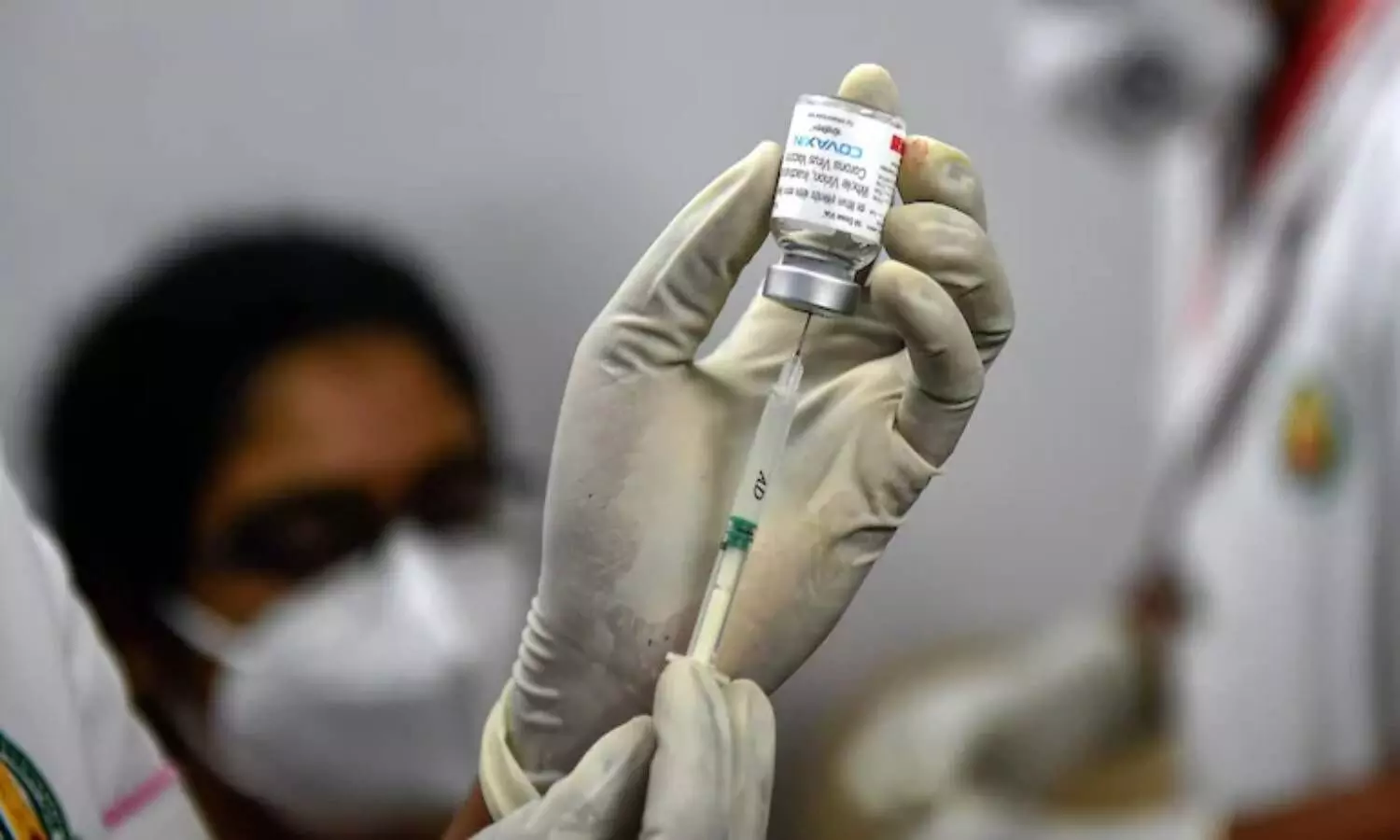Population, disease burden, wastage of vaccines will affect vaccine allocation to states/UTs
According to the revised vaccination policy of the Government of India, vaccine doses from the Government of India will be allocated to states and Union Territories based on criteria such as population, disease burden and the progress of vaccination. Any wastage of vaccines will adversely affect the allocation.
By Newsmeter Network
Hyderabad: According to the revised vaccination policy of the Government of India, vaccine doses from the Government of India will be allocated to states and Union Territories based on criteria such as population, disease burden and the progress of vaccination. Any wastage of vaccines will adversely affect the allocation.
This revised policy comes a day after Prime Minister Narendra Modi's announcement of the modified COVID-19 vaccination policy where he had said that states and Union Territories will receive free vaccine doses for persons of the age 18 years and older.
As per the new guidelines, the Government of India will procure 75 per cent of the vaccines being produced by the manufacturers in the country. The vaccines procured will continue to be provided free of cost to states and Union Territories as it has been from the commencement of the national vaccination programme. These doses will be administered by the States/UTs free of cost to all citizens as per priority through the government vaccination centres.
The Government of India will provide States/UTs advance information about the vaccine doses to be supplied to them. The States/UTs should similarly, further allocate doses well in advance to districts and vaccination centres. They should also put in the public domain the information about the above availability of vaccines at all centres, and widely disseminate it among the local population, maximizing the visibility and convenience of citizens.
In order to incentivize production by vaccine manufacturers and encourage new vaccines, domestic vaccine manufacturers are given the option to also provide vaccines directly to private hospitals. This would be restricted to 25 per cent of their monthly production. The States/UTs would aggregate the demand of private hospitals keeping in view equitable distribution between large and small private hospitals and regional units. Based on this aggregated demand, the Government of India will facilitate the supply of these vaccines to the private hospitals and their payment through the National Health Authority's electronic platform. As per the government, this would enable the smaller and remote private hospitals to obtain a timely supply of vaccines and further equitable access and maintain regional balance.
The price of vaccine doses for private hospitals would be declared by each vaccine manufacturer, and any subsequent changes would be notified in advance. The private hospitals may charge up to a maximum of Rs 150 per dose as service charges. The state governments may monitor the price being so charged.
The CoWIN platform provides every citizen with the facility of conveniently and safely pre-booking vaccination appointments. All government and private vaccination centres would also provide an onsite registration facility, available both for individuals as well as groups of individuals, for which detailed procedure is to be finalized and published by States/UTs, in order to minimize any inconvenience to citizens.
All citizens irrespective of their income status are entitled to free vaccination. Those who have the ability to pay are encouraged to use private hospital's vaccination centres. The revised guidelines will come into effect from 21 June 2021 and will be reviewed from time to time. Within the population group of citizens of 18 years of age and older, the States/UTs may decide their own prioritization factoring in the vaccine supply schedule.